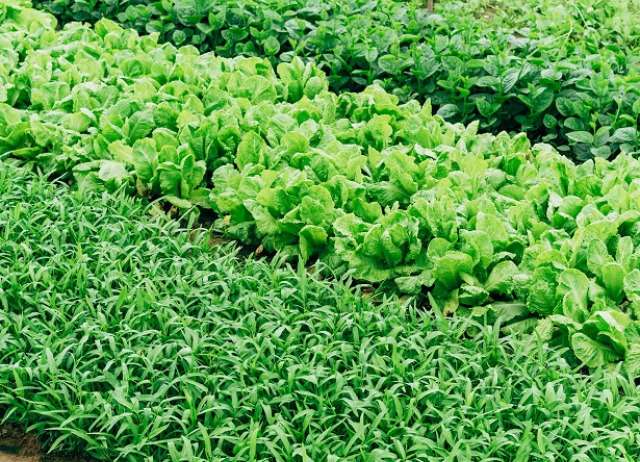Food
Some elements are essential for the human body and must be present in the diet in sufficient quantities, since deficiency can lead to health problems.
This is the case of metals such as sodium, potassium, calcium, copper, zinc and manganese. However, there are a number of elements that in some form can constitute a serious environmental problem and it is common to refer to them by the generic term "heavy metals".
Once released into the environment through mainly industrial but also natural processes (volcanic emissions, erosion of rocks and minerals, etc.), they can remain active for hundreds of years, polluting the soil and accumulating in plants and other organic tissues. Furthermore, their concentration in living organisms increases along the food chain.
When these metals are absorbed in small quantities there is still a possibility of eliminating them through urine, gastric juices, etc. An increased concentration of heavy metals in food can have a toxic effect on those who consume them. Its severity will depend on the nature, quantity, concentration and chemical form of the metals and the resistance of the organism to synergistic or antagonistic effects with other chemical pollutants. IPNA's Soil Fertility and Plant Nutrition Laboratory provides analytical services for quantification of essential and non-essential elements in food sample

Type of Analysis
Our metal detection methods are accurate and reliable in providing results for concentration values in ppm and ppb. A state-of-the-art inductively coupled plasma spectrometer is used to determine their presence and levels. This service is especially focused on companies in the food sector in general, and can analyse a wide range of samples such as vegetables, potatoes, fruit, fish, meat and derivatives, cereals, legumes, rice, milk and dairy products, animal feed, juices, soft drinks, wines and musts.
Measurement parameters
- Essential metals, nutrients: potassium, calcium, magnesium, sodium, iron, manganese, cobalt, nickel, copper, zinc and selenium,
- Heavy metals and non-essential elements,: mercury, lead, cadmium, aluminium, arsenic.
The most recognized methodologies at national and international level are used for this purpose, which are the most appropriate for the detection and quantification of these heavy metals and nutrients in the agro-food industry.
Equipment
The Service has an inductively coupled plasma spectrometer (ICP), ICP-OES AVIO500, Perkin Elmer high precision measurements.
Our laboratory operates under strict standards with a quality policy based on compliance with Good Laboratory Practices (GLP).
The laboratory is staffed by scientists and technicians with many years of experience in the agrobiology field. The analyses performed and their interpretation are issued in a precise full report containing all the measured parameters, together with detailed advice from scientific staff for the subsequent improvement in agricultural productivity and production of fertilizers of animal/vegetable origin.
How can I request a service?
Contact us!
info [at] ipna.csic.es (Contact us!)
